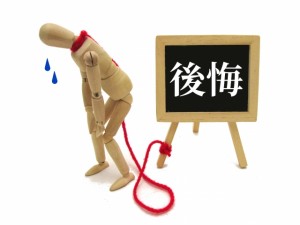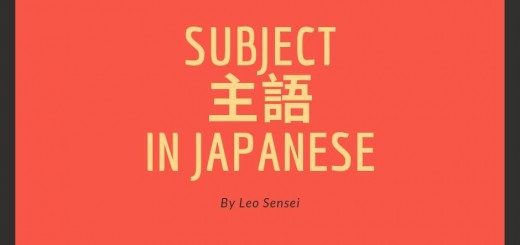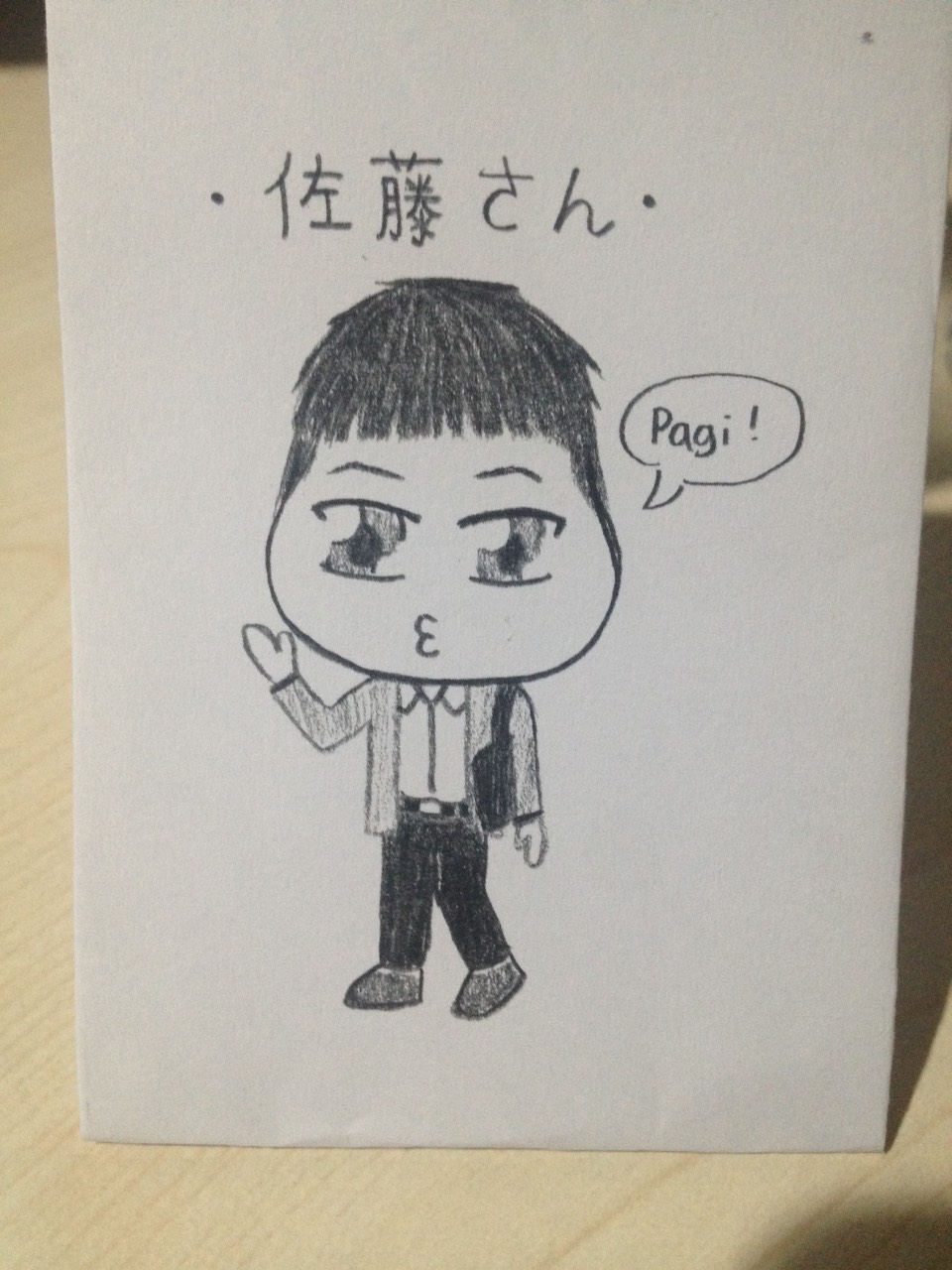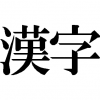Phrasing “〜だろう(〜darou)” and “〜でしょう(〜desyou)” with native Japanese voice (N5 level)
Let’s study phrasing “〜だろう(〜darou)” and “〜でしょう(〜desyou)” in this post.
This is N5 level in JLPT.
(JLPT is short for Japanese Language Proficiency Test, 日本語能力試験 and recognized passport to show your Japanese language ability. You may take test in July and December.)
Phrasing “〜だろう(〜darou)” and “〜でしょう(〜desyou)” are often used in conversation.
Both are used in at end of sentences.
〜だろう(〜darou) and 〜でしょう(〜desyou) are equivalent to “I guess” in English.
Compared 〜だろう(〜darou) with 〜でしょう(〜desyou), both are estimation or prediction for future without any evidence.
Different points are that 〜だろう(〜darou) is usually used by male 〜でしょう(〜desyou) is used by female and contains more politeness.
Phrasing “〜だろう(〜darou)”
Main usage is “I guess” in English.
You may talk about your estimation or prediction for future without any evidence or data.
Formation for 〜だろう
① 〜する だろう (guessing for future)
② 〜した だろう (guessing for past)
⇒ In case it rains, you may guess it rains in future or it rained in past as bellow sentences.
① 明日は 雨が 降る だろう
② 道路がぬれている。きっと雨が 降ったの だろう
Example for 〜だろう(〜darou)
A) Afiさんは、きょうはお休みだろう。
(I guess Afi san is on leave today)
⇒In this sentence, I want to say “I think Afi san will be on leave but there is no evidence. Just I think so. Maybe she is in sick.”
Phrasing “〜でしょう(〜desyou)”
Main usage is “I guess” in English, same as 〜だろう(〜darou).
But 〜でしょう(〜desyou) is more polite than 〜だろう(〜darou) and often used by female.
Formation for 〜でしょう
① 〜する でしょう
② 〜した でしょう
⇒ In case it rains, you may guess it rains in future or it rained in past as bellow sentences with more politeness.
① 明日は 雨が 降る でしょう
(Weather forecast reporter often comments like this.)
② 道路がぬれている。きっと雨が 降ったの でしょう。
(It’s polite. Maybe speaker is female.)
Example for 〜でしょう(〜desyou)
B) きっとあなたは後悔するでしょう。
(I am sure you will regret in future.)
⇒In this sentence, I want to say you will regret for sure but without any evidence.
How was this post?
If you like this or feel this is useful, please share on Facebook and retweet on Twitter!
If you wanna join Leo Sensei’s group on Facebook, click Facebook mark on top or bottom and send friend request to me. You can get updated information and ask me freely about Japanese language and culture and so on.




















